The new 15th Court of Appeals is set to hear oral arguments in the Texas Attorney General’s effort to investigate Catholic Charities of the Rio Grande Valley over unsubstantiated claims the nonprofit is participating in human trafficking.
The appellate court will hear from both sides on Feb. 12, court records show.
At stake is whether the attorney general can depose Sister Norma Pimentel, the Catholic nun who runs the nonprofit’s migrant respite center in downtown McAllen, as the state probes for evidence of criminality.
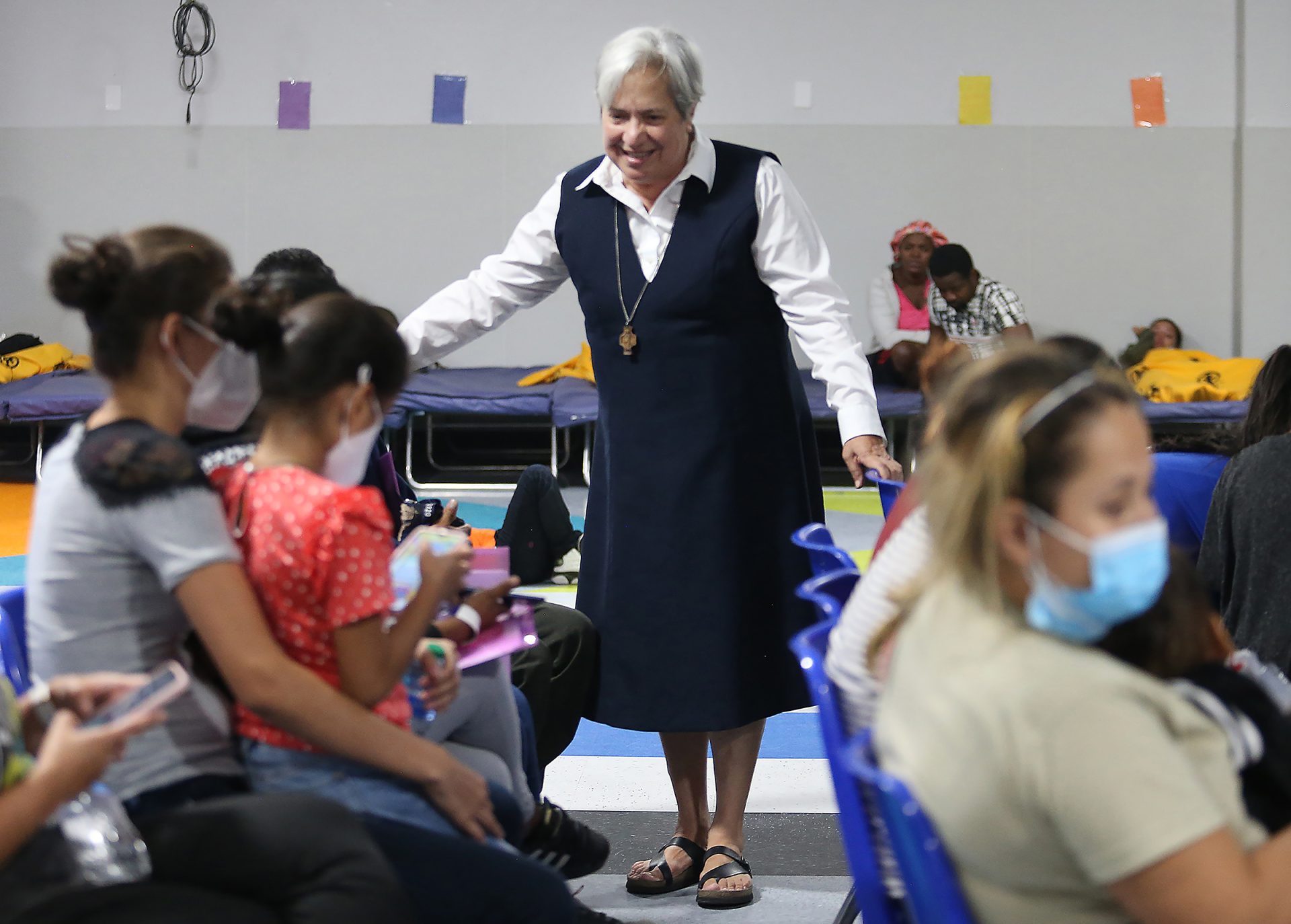 Sister Norma Pimentel at the Catholic Charities Humanitarian Respite Center on Monday, June 20, 2022, in McAllen. (Delcia Lopez | dlopez@themonitor.com)
Sister Norma Pimentel at the Catholic Charities Humanitarian Respite Center on Monday, June 20, 2022, in McAllen. (Delcia Lopez | dlopez@themonitor.com)For nearly a year, Ken Paxton’s office has sought to prove that non-governmental organizations and religious nonprofits like Catholic Charities are smuggling migrants across the border illegally.
Thus far, however, his efforts to investigate have largely failed in courts across the state, including the 139th state District Court in Edinburg, where Judge J.R. “Bobby” Flores last July denied Paxton’s attempt to question Pimentel.
Paxton’s office appealed the decision.
But the appeal came at a unique time for the Texas judiciary — one in which the state legislature had just created a new appellate court as part of the 2023 legislative session.
Over the summer, Abbott appointed the first three justices to preside over the new 15th Court of Appeals, which has statewide jurisdiction over litigation involving state agencies.
HOW IT STARTED
Paxton’s investigations into Catholic Charities and other aid groups were prompted by a December 2022 letter from Texas Gov. Greg Abbott that claimed the organizations were doing far more than providing humanitarian aid.
“There have been recent reports that non-governmental organizations (NGOs) may have assisted with illegal border crossings near El Paso,” the governor’s letter reads.
“We further understand NGOs may be engaged in unlawfully orchestrating other border crossings through activities on both sides of the border, including in sectors other than El Paso,” the letter further reads.
But Abbott’s letter contained no evidence to substantiate his claims.
Nonetheless, in February 2024, Paxton sent several attorneys to begin investigating El Paso’s Annunciation House, a shelter that has aided homeless people and migrants since 1978.
Like Catholic Charities, Annunciation House is backed by the Catholic Church.
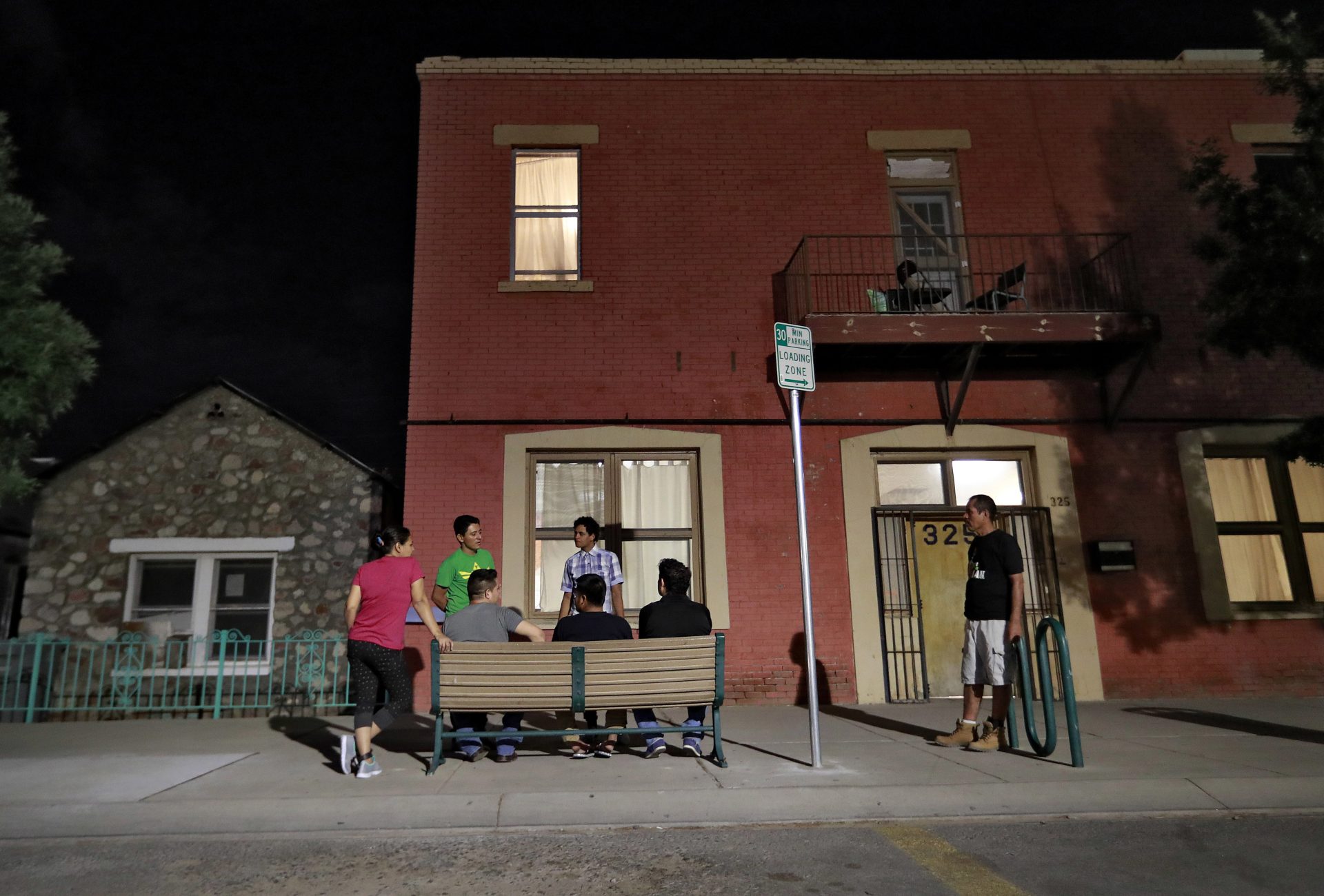 Migrant parents socialize outside the Annunciation House, June 26, 2018, in El Paso, Texas. (Matt York/AP Photo)
Migrant parents socialize outside the Annunciation House, June 26, 2018, in El Paso, Texas. (Matt York/AP Photo)Annunciation House pushed back, leading to both sides suing each other.
On March 11, 2024, an El Paso judge blocked Paxton’s attempt to subpoena Annunciation House for records.
Less than two weeks later — on March 25, 2024 — the AG’s office set its eyes on the Rio Grande Valley. This time, however, the state tried a slightly different tack.
Whereas Paxton had attempted to use his office’s Consumer Protection Division to suss out information in El Paso, here, his attorneys instead cited the Texas Business Organizations Code.
The statute governs corporations and nonprofits that have a license to operate within the state.
Like El Paso, the AG’s probe here began as a records search.
In correspondence between the state and Catholic Charities’ attorney, David C. Garza, the AG’s office at first made assurances that it was not accusing the nonprofit of “any substantive legal wrongdoing.”
That didn’t satisfy Catholic Charities, which also pushed back. The nonprofit offered to make available documents and a sworn written statement from Pimentel, rather than an in-person sit down with the Catholic nun.
In response, the AG’s inquiries became increasingly pointed, with the agency later characterizing Catholic Charities as being “evasive.”
By the time the two sides met in court last July, the state’s tone had shifted from mollifying Catholic Charities to making overt allegations that the nonprofit was breaking the law.
“We’re looking into, specifically, several criminal … possible criminal violations — smuggling persons and bringing in and harboring certain aliens,” Assistant Attorney General Matthew Kennedy said to Judge Flores then.
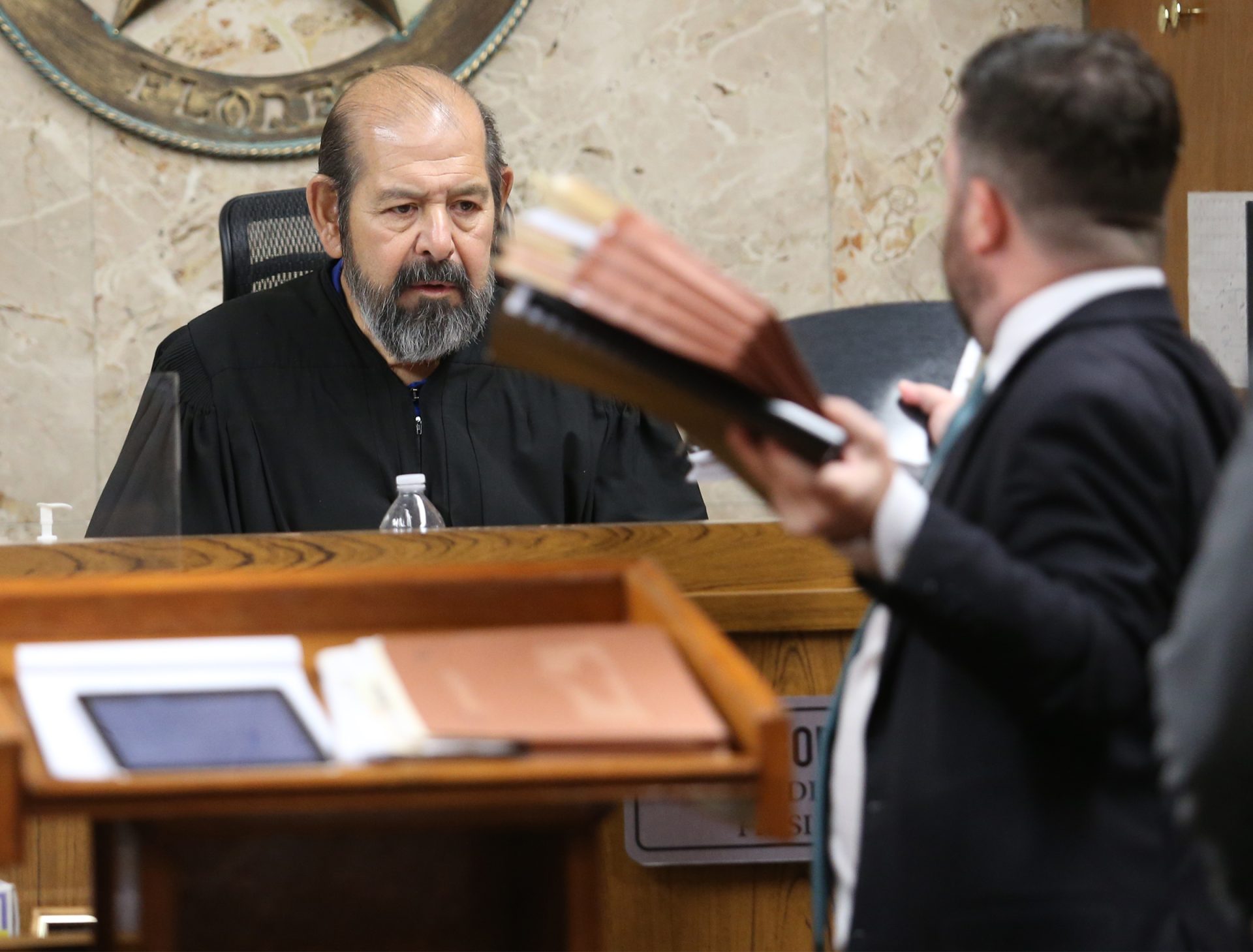 Matthew Kennedy, an attorney with the Texas Attorney General’s Office, presents a folder to Judge Bobby Flores during a hearing in its lawsuit against RGV Catholic Charities Wednesday, July 17, 2024, in Edinburg. (Delcia Lopez | dlopez@themonitor.com)
Matthew Kennedy, an attorney with the Texas Attorney General’s Office, presents a folder to Judge Bobby Flores during a hearing in its lawsuit against RGV Catholic Charities Wednesday, July 17, 2024, in Edinburg. (Delcia Lopez | dlopez@themonitor.com)The nonprofit fired back, stating in a July 3, 2024 court filing that, “The (AG’s) Petition represents a fishing expedition into a pond where no one has ever seen a fish.”
APPELLATE ARGUMENTS
In its latest court filings, the AG’s office presses the argument that it has nearly unfettered authority to investigate organizations operating within Texas — including through taking depositions.
The state argues it is imbued with that authority via the Business Organizations Code.
But, it also argues it has that authority via “visitorial power,” a centuries-old concept that once empowered kings — or in this case, governments — to inspect corporations, not unlike “the right of the church to supervise its institutions,” the AG’s appellate brief states.
But the brief at times argues in circles — at once stating the state is not explicitly accusing Catholic Charities of breaking the law, while also stating it can’t be sure until it’s allowed to poke and prod.
“CCRGV engages in conduct that at least raises a question whether it is systemically violating these provisions,” the state argues, adding that the nonprofit “appears to indiscriminately provide shelter to aliens who have just recently crossed the border.”
In turn, Catholic Charities calls out the state for such paltry proof.
“But rather than citing any evidence … the Attorney General merely lists statutes that (Catholic Charities) hypothetically could have violated,” the nonprofit’s response reads.
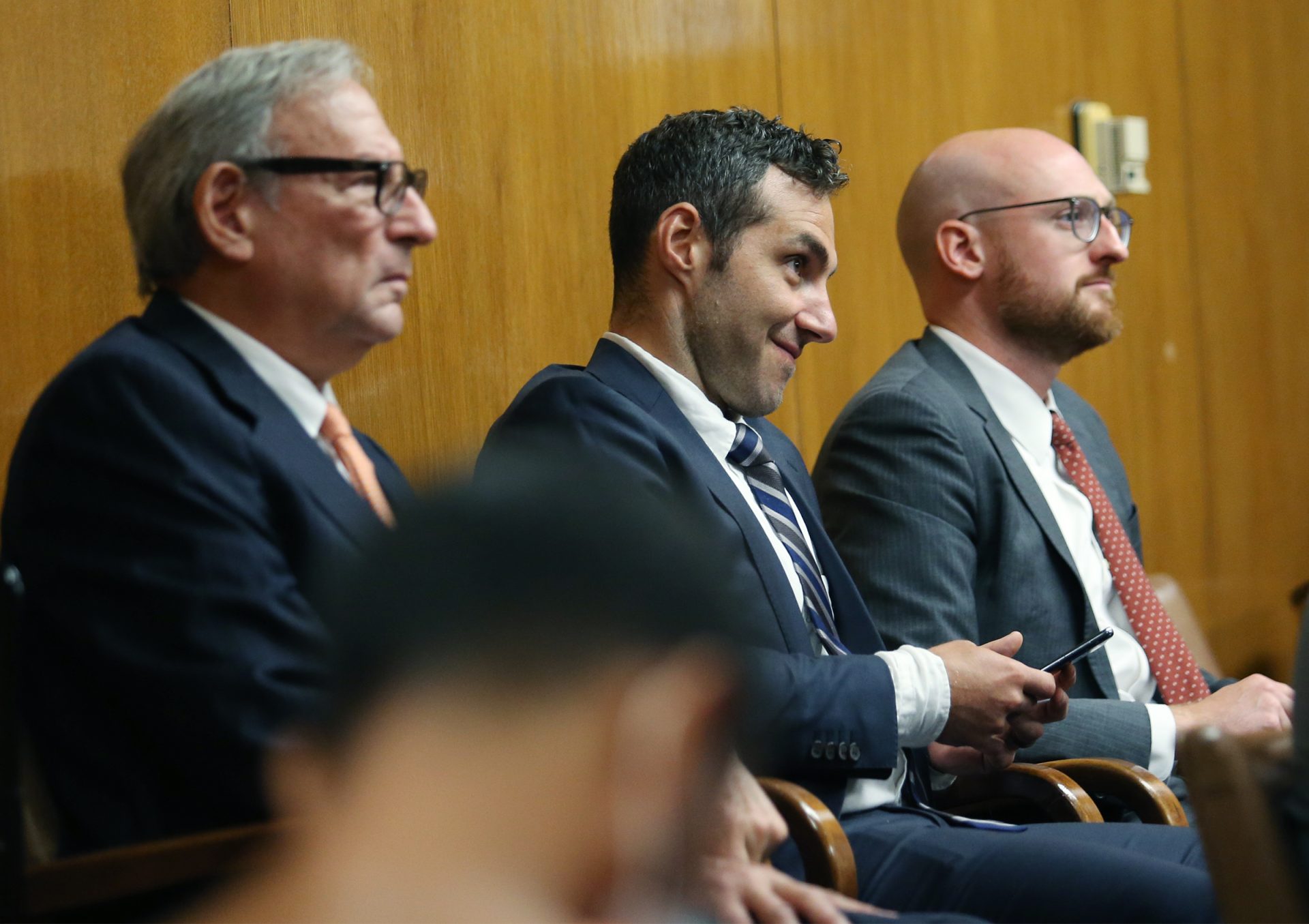 Attorneys for Catholic Charities of the Rio Grande Valley David Garza, Seth Wayne and William Powell at the 139th District Court Wednesday, July 17, 2024, in Edinburg. (Delcia Lopez | dlopez@themonitor.com)
Attorneys for Catholic Charities of the Rio Grande Valley David Garza, Seth Wayne and William Powell at the 139th District Court Wednesday, July 17, 2024, in Edinburg. (Delcia Lopez | dlopez@themonitor.com)Later in its brief, the AG’s office implies that its investigation thus far has been kid-gloved.
“Namely, (the AG’s office) — as a governmental entity — has significantly more invasive tools that it can resort to if necessary to investigate a matter, particularly a matter that might implicate criminal conduct,” the appellate brief reads.
That, too, prompted a specific reply from Catholic Charities.
“It is unclear exactly what to make of this veiled threat, especially given that the Attorney General has no independent criminal prosecution authority,” the response reads.
The AG’s brief also takes aim at one of the nonprofit’s most consistent rebuttals — that the state has failed to provide any evidence of criminal activity.
“That argument misses the point,” the AG’s brief reads.
In other words, the AG’s office claims it doesn’t need proof to justify a deposition.
But the attorney general doesn’t — and shouldn’t — get a “free pass” just because of his office, Catholic Charities argues in its response.
Further, Catholic Charities cites rulings by two separate judges who have found the state’s interpretation of the Visitorial Powers statute to be unconstitutional — including the state district judge in the Annunciation House case.
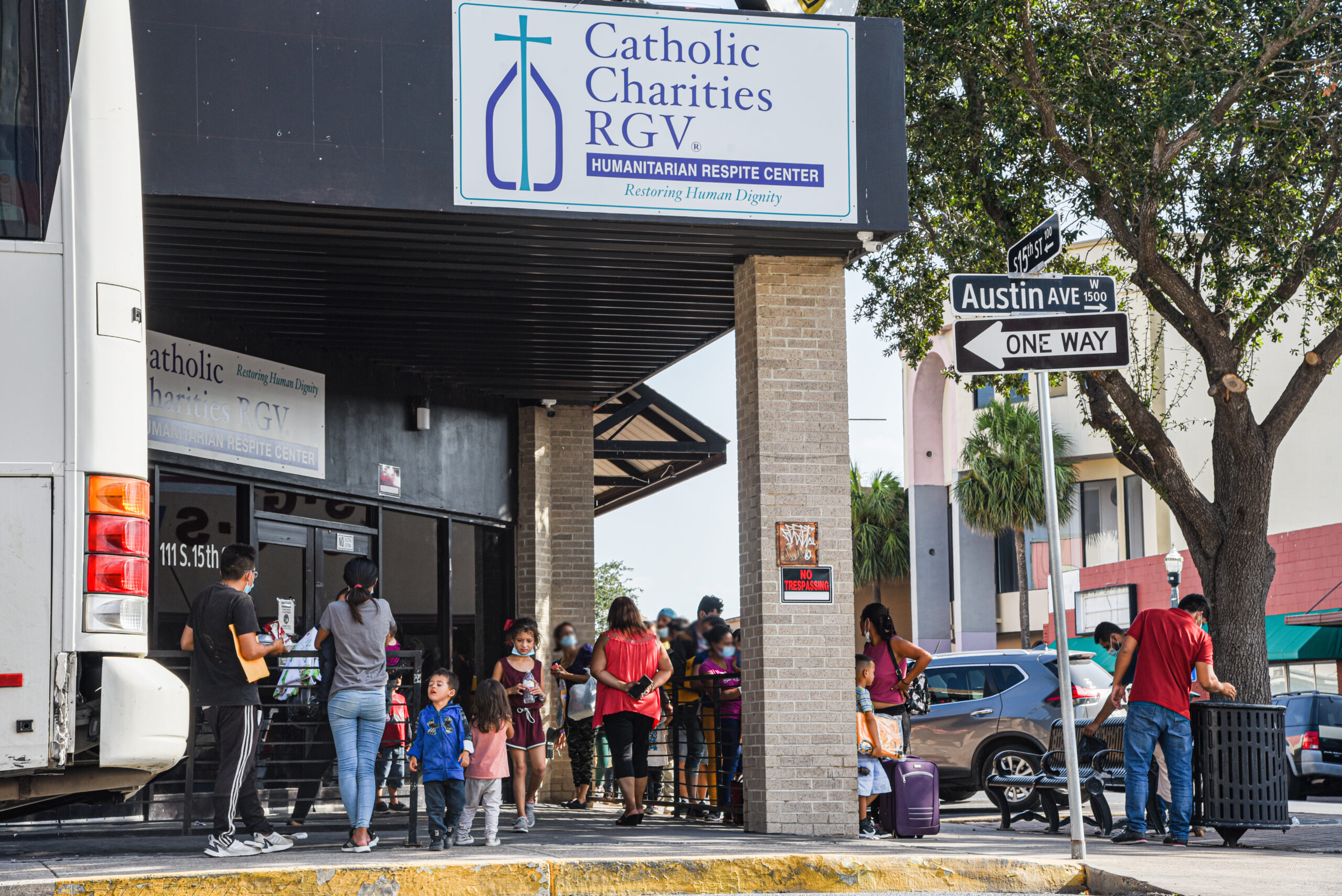 Migrants gather at Catholic Charities of the Rio Grande Valley on Monday, July 26, 2021, in McAllen. (Valerie Gonzalez | The Monitor)
Migrants gather at Catholic Charities of the Rio Grande Valley on Monday, July 26, 2021, in McAllen. (Valerie Gonzalez | The Monitor)In both instances, the judges found the statute to violate the Fourth Amendment.
Finally, Catholic Charities scolds the attorney general for failing to address one of its arguments at all — that Paxton’s investigation is infringing on Catholic Charities’ religious freedoms.
“(T)he Attorney has not explained (or even tried to explain) how the petition could be granted consistent…” with state laws protecting religious freedom, Catholic Charities state.
As the nonprofit’s attorneys gear up to deliver oral arguments in Austin next month, the state’s attorneys continue to battle migrant aid organizations on other legal fronts, as well.
On Monday, the state Supreme Court will hear oral arguments in the Annunciation House case.
And on Jan. 15, the 15th Court of Appeals will similarly hear oral arguments in a case involving the free speech rights of a Houston-based immigrants rights organization.
In late August, a Travis County judge also denied the AG’s attempts to depose officials from another Valley-based migrant assistance organization called Team Brownsville.
The post Appellate court to hear oral arguments in AG case against Catholic Charities appeared first on MyRGV.com.
 (2).png)
 20 hours ago
24
20 hours ago
24

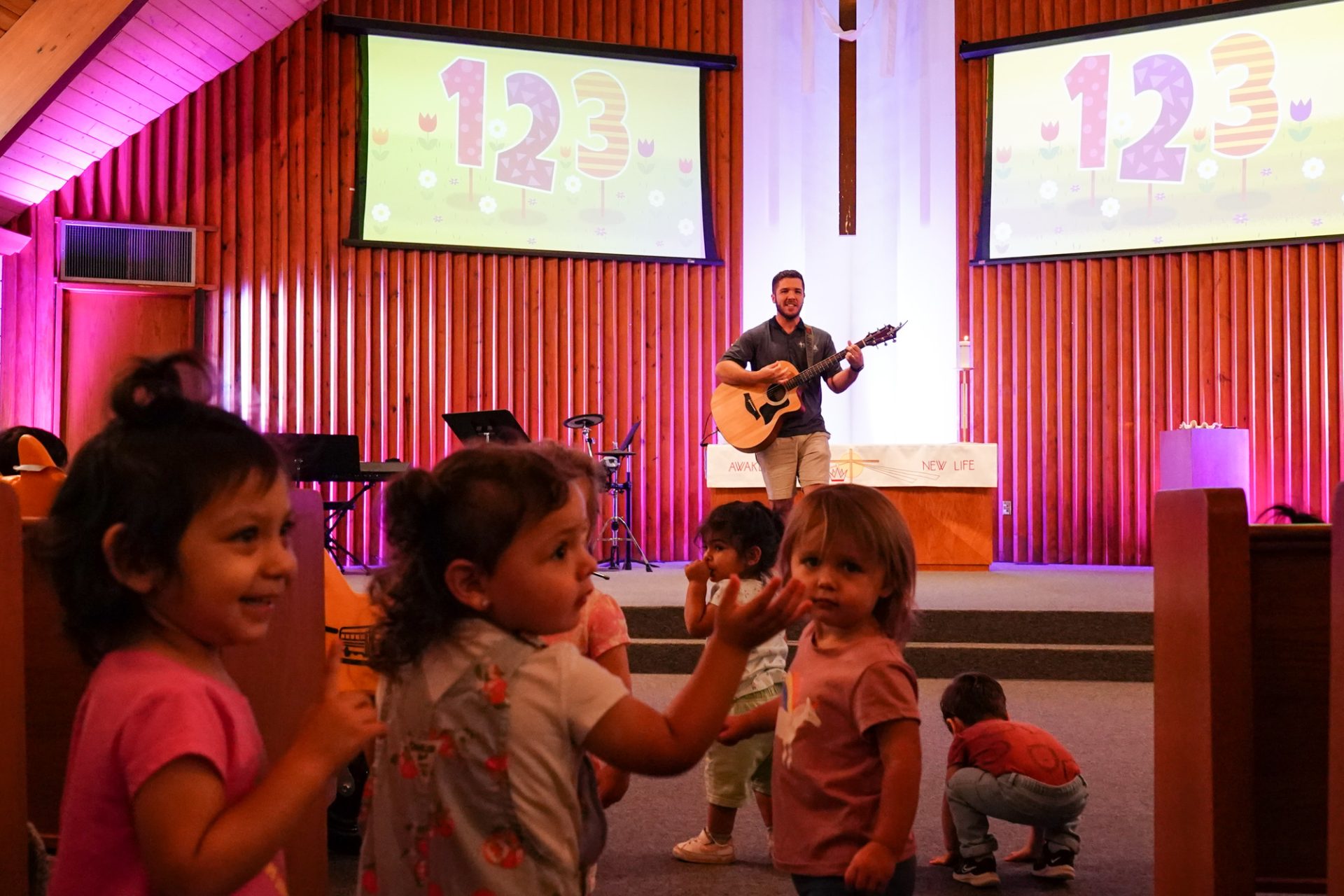






 English (US)
English (US)